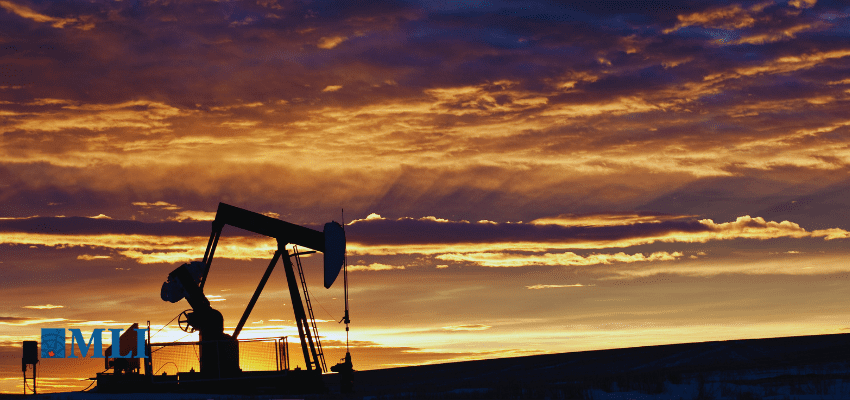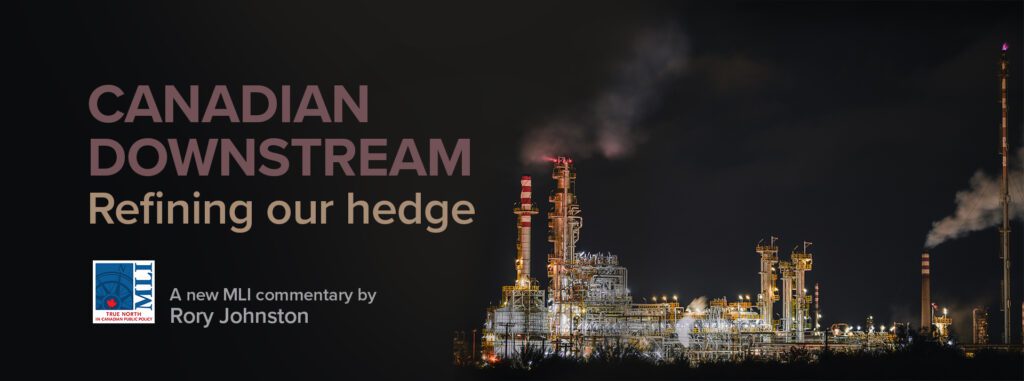This article originally appeared in the Globe and Mail.
By Heather Exner-Pirot and Charles Deland, July 3, 2024
This country needs to have a serious conversation. One that recognizes the challenges posed by a warming world – not least an increase in wildfires, drought and heat waves that have affected almost every Canadian – and grapples with the challenge inherent in matching our climate policy ambitions with taxpayers’ appetite to pay for them, government capacity to implement them, and society’s ability to transform its energy use.
Other countries can only dream of Canada’s enormous reserves of natural resources, and our standard of living depends greatly on exports of minerals, coal, hydroelectricity and especially, oil and gas. As with most human actions, extracting and using these resources often imposes negative environmental effects. But the response to this dilemma can’t be to punish and phase out our extractive sectors. There are substantial negative economic trade-offs and logistical constraints (such as constitutional challenges) to such a strategy.
So much of the debate is dominated by the loudest, most vested interests. But, what do the silent majority of Canadians – those who care more about paying their bills or picking their kids up from child care than what arguments were made about pipelines or heat pumps on the op-ed pages or on social media – think about these issues?
To hear their perspective, the Macdonald-Laurier Institute and C.D. Howe Institute have commissioned new polling from Nanos Research to gauge Canadians’ views on energy and climate – surveying 1,237 Canadians, 18 years old or older, over the course of three days.
Not surprisingly, our joint poll found that Canadians are a pragmatic bunch. Affordability was ranked as their top energy concern in the next five years, with reliability coming in second. Lowering emissions was most likely to be ranked last among Canadians’ energy concerns, coming after safety. Canadians’ preoccupation with the cost of living also coloured their views on the carbon tax: 55 per cent opposed it, while just 32 per cent of respondents supported it.
There is growing consensus in Canada on the role, and rights, of Indigenous peoples in energy development. A strong majority – 79 per cent – thought it important for the Government of Canada to consult with Indigenous peoples when developing energy development policies, and 78 per cent thought Indigenous peoples should play some role in informing energy policies.
Canadians are also pretty clear on the role oil and gas plays in our economy and in our place in the world. A majority – 65 per cent – support building natural gas export facilities to export LNG to other countries, versus just 20 per cent who are opposed. The oil and gas sector is currently important to Canada’s economy, say 74 per cent and just over half (53 per cent) think it will remain so.
In general, respondents were dissatisfied with the federal government’s handling of energy and climate policy. Only 28 per cent think it is doing a good job meeting Canada’s climate targets, and only 27 per cent think it is doing a good job ensuring energy is affordable for Canadians.
Finally, on the topic of developing a shared long-term vision for Canada’s energy future, 59 per cent say the government is doing a poor or very poor job, versus just 9 per cent who think it’s good or very good.
Where does that leave our conversation? If there was ever a time where Canadian energy policy could be determined looking only through a lens of climate change, that time is over. Canadians’ desire for economic growth, affordability, reliability and security will trump sustainability when push comes to shove. Addressing them holistically can help avoid the unsavoury task of choosing between them in the first place.
Many of us have acted as though energy and climate policy is about driving a narrative; about convincing enough of our fellow Canadians of the merits of our respective arguments that we finally get our way.
This has turned into a cynical shell game unworthy of the challenge ahead of us. Policy makers and governments, federal and provincial, must be pragmatic and rational, curious about the unintended consequences of our actions, and honest about the real costs and trade-offs involved in our energy and climate strategies.
There is more consensus among Canadians on these strategies than our polarized politics would indicate, from approval for more resource development, to prioritization of affordability issues, and support for greater Indigenous involvement. Rather than aggravating divisions and spouting unrealistic aspirational statements as gospel, Canadians are expecting our leaders to have the adult conversations necessary to build a future built on consensus and pragmatic solutions.
Heather Exner-Pirot is director of energy, natural resources and environment at the Macdonald-Laurier Institute.
Charles DeLand is associate director of research, energy and natural resources at the C.D. Howe Institute.







